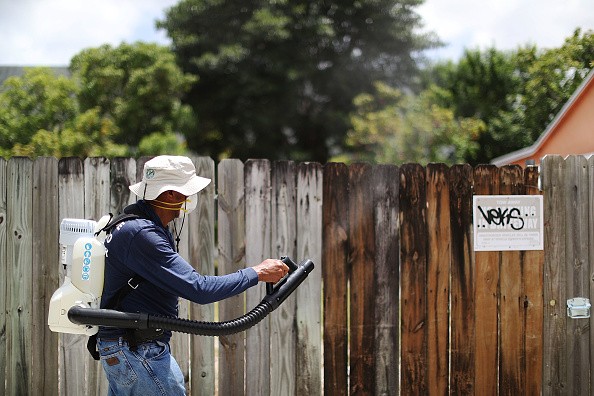An alarming number of Zika cases were recorded in a Miami neighborhood. It became the first place in the United States the Centers for Disease Control and Prevention (CDC) advised people, especially pregnant women not to travel to.
Florida officials reported that the Zika cases caused by local mosquitoes had increased to 14 from four that was recorded on Friday. Twelve men and 2 women got infected by the virus, but they declined to say whether either woman was pregnant. The recorded cases came from only one neighborhood, New York Times reported.
The 10 newly recorded Zika virus patients were most likely got infected weeks ago around mid-June. However, the health officials said that they do not think that the local cases may spread wildly like what happened across the Latin America in the past months.
The CDC is sending eight disease experts as a special emergency response team to help Florida in its investigation, as requested by Gov. Rick Scott. The state has been working with the investigation on its own since July, when the first possible case of Zika infection caused by local mosquitos was recorded, according to Reuters.
Dr. Thomas Frieden, CDC Director said in a conference call that the efforts to control the local mosquito have not worked. However, the outbreak does not appear to spread very far. "Nothing we have seen suggests widespread Zika virus transmission," Frieden said.
Another concern is that those who are infected with the virus in Florida may travel to other areas of the country where the Zika could then be spread locally by the mosquitoes there, said Dr. William Schaffner, an infectious disease expert at Vanderbilt University School of Medicine.
The CDC advised those who came from Wynwood, the neighborhood in North Miami where all the cases were found, to use mosquito repellent for three weeks to avoid further transmission at home. They also recommend women not to get pregnant for at least eight weeks if they had travelled from the affected area.
They also suggested that pregnant women who live in or had traveled to the affected area after June should be tested for Zika.



























